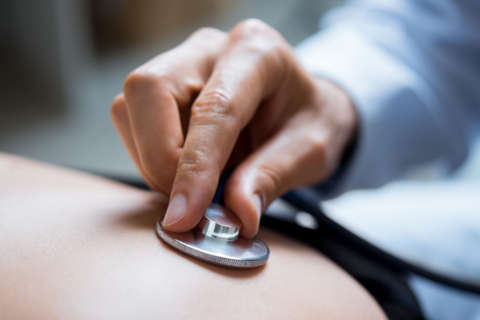WASHINGTON — A major surge in the number of mumps outbreaks since last year has experts urging some people to get a third dose of the vaccine as a booster.
At American University there are currently five suspected cases of the mumps; at the University of Virginia, there are two. At Syracuse University, there are 27 confirmed cases and up to 48 possible cases.
So why the increase in the viral infection, especially on college campuses? Experts say that the effectiveness of the mumps vaccine weakens over time.
As children, most people are given two doses of the vaccine for the mumps. Dr. Anthony Fauci, director of infectious diseases with the National Institutes of Health, said college students in particular might consider getting a third shot.
“The third dose adds considerable extra boost of protection,” he said.
He said the virus is spread easily on crowded college campuses because of the proximity and physical contact among classmates.
“If you look at how mumps is spread, it is spread by coughing, sneezing, sharing items such as cups or eating utensils,” said Fauci.
Fauci said the virus spreads from an infected person through their saliva and from droplets after a person sneezes
It takes an average of 16 to 18 days from the day of exposure before symptoms develop. The viral infection is highly contagious once symptoms develop; symptoms include fever, headaches, muscle aches and swelling of the glands on your neck by your ear.
Fauci says most people recover from the mumps without any long-term problems. But some complications can result: Men can get swelling or inflammation of the of the testes, sometimes leading to sterility.
The Advisory Committee on Immunization Practices, which recommends the use of vaccines to the CDC, recently recommended a mumps booster shot for people who are at a higher risk of getting mumps, such as college students.






